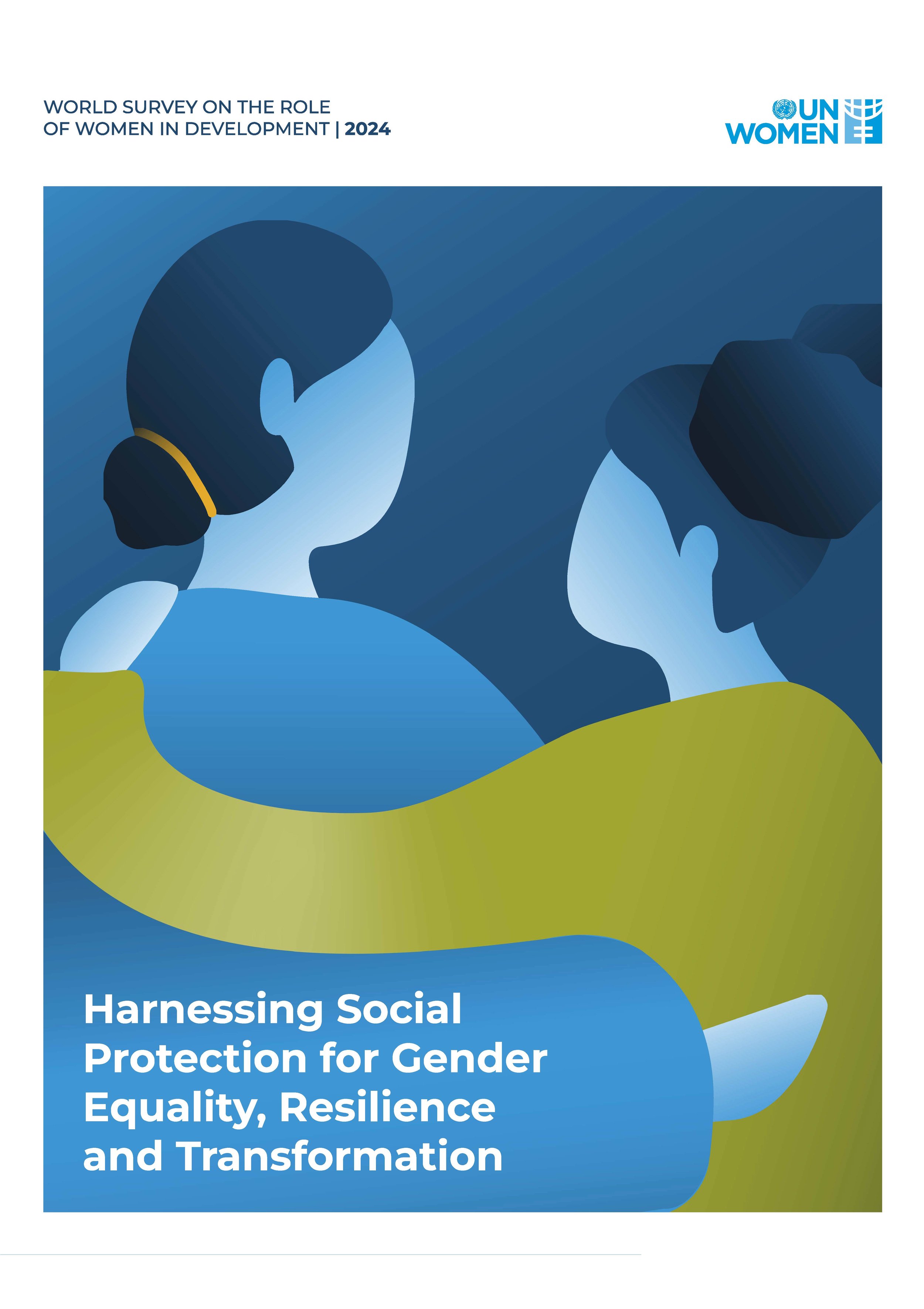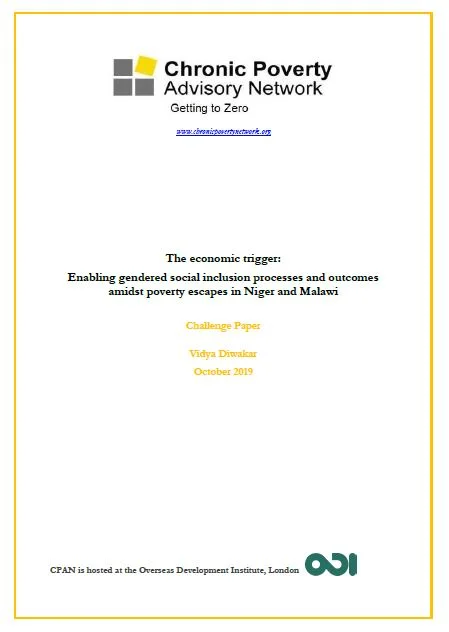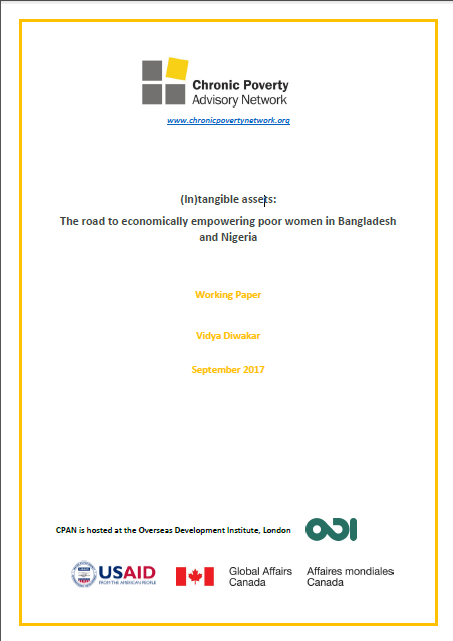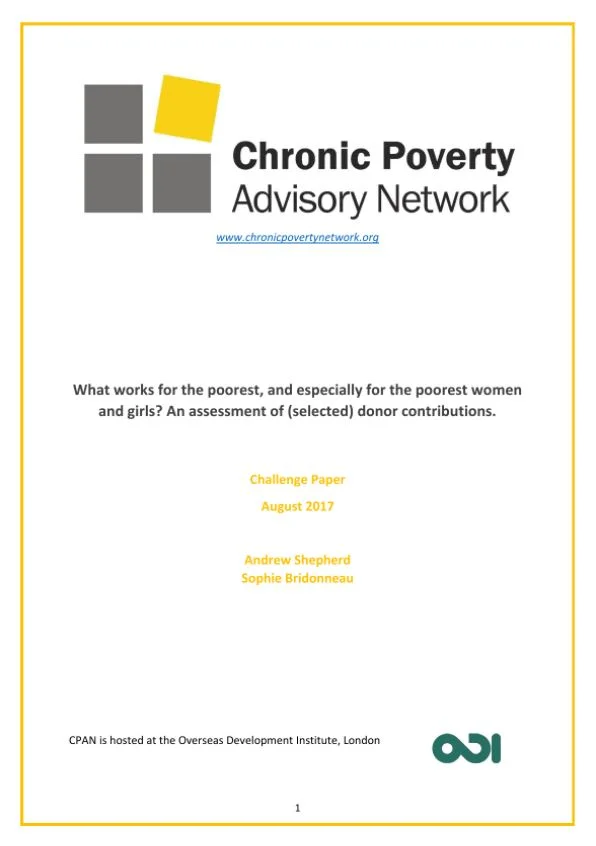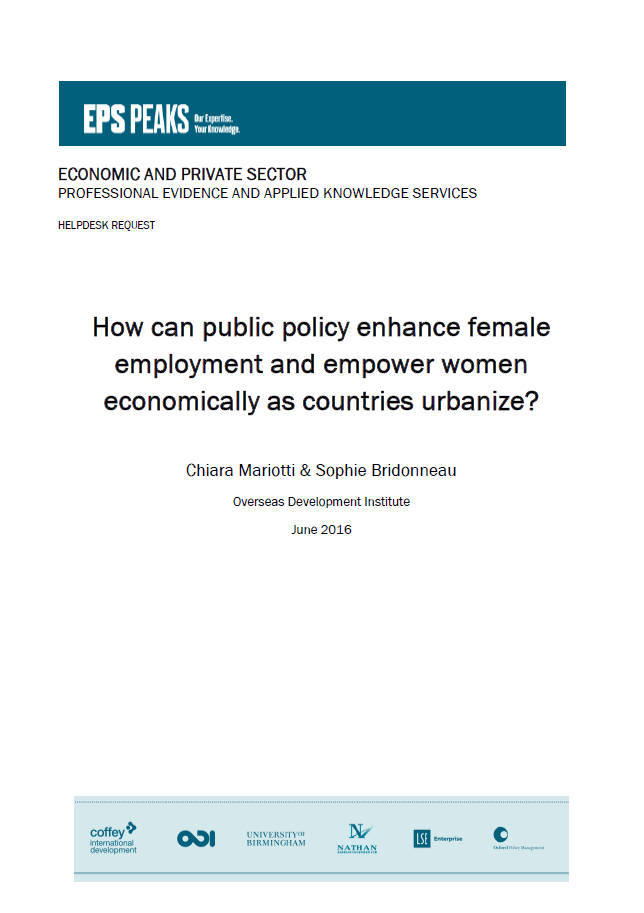
While there is a large and growing body of evidence on women’s economic empowerment, there is a considerable gap in the literature on the most marginalised and how to ensure their empowerment. Better understanding the drivers of economic empowerment amongst this vulnerable subgroup will go a long way in ensuring that they are not left behind in current development efforts.
This report assesses drivers of the economic empowerment of chronically poor women and girls in rural Bangladesh and rural Nigeria. The focus is on drivers related to assets, both intangibly in terms of education, and tangibly in terms of ownership of consumption and productive assets including land.
Click here to download the full report
Author: Vidya Diwakar
Releated resources

Women’s Agency Amid Shocks: A Gendered Analysis of Poverty Dynamics and the Implications for Social Protection in Bangladesh, Peru and the United Republic of Tanzania

